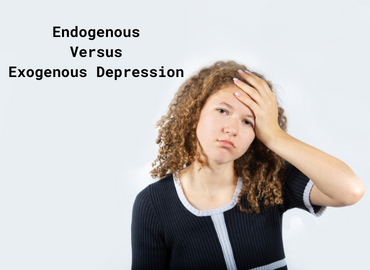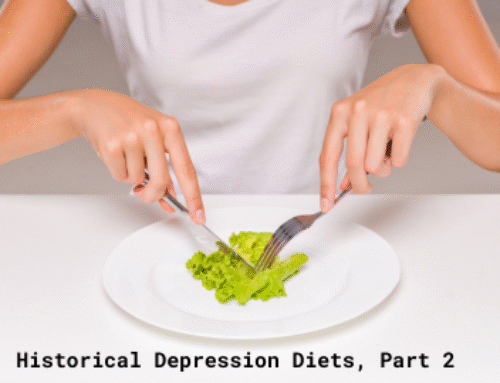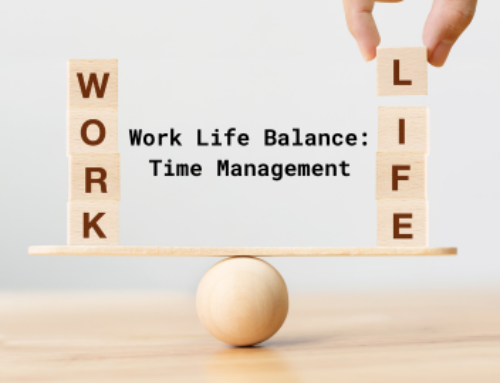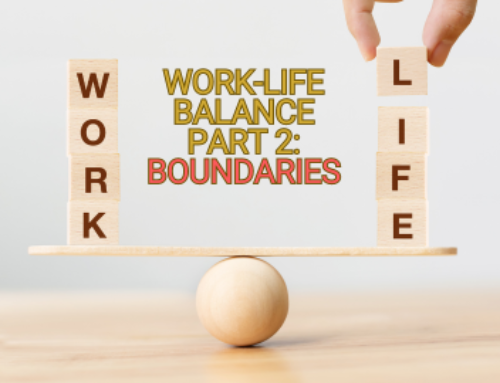Endogenous Versus Exogenous Depression
In this blog, we’ve spoken about the many different types of depression. Classifying and treating mental disorders evolves all the time, and some labels for variations of depression are outdated. Doctors used to treat endogenous and exogenous depression as different things, but now each will get the broader label of MDD. The treatment for each patient should reflect their unique needs and situation.
Exogenous means “from without.” Someone experiencing depression due to environmental factors has something called reactive depression, also called exogenous depression. Endogenous means “from
within.” This refers to depression that does not have a defined external source. The following are some examples of exogenous versus endogenous depression.
Kevin has been in a car accident. It totaled his car and broke his ankle. He’s depressed because he has lost his principal mode of transportation, which makes him worry about how he’s going to get to work. The physical pain and new limits on his mobility mean he’s not able to go about his business the way he’s used to, which threatens his livelihood. Kevin is in a world of anxiety, depression, and frustration. This is exogenous depression.
Sasha is a teenager whose family is moving far away from her hometown. She is depressed because so many familiar things are being taken away. She won’t be able to be around her friends and will have to be the new kid at school for a while. Sasha is filled with fear of the unknown, grief for what she’s losing, and anger about her lack of control in the situation. This is exogenous depression.
Chris just got a promotion at work. They enjoy their job and see a long-term future with the company. They are now financially secure, they spend time with friends who have a positive influence on them, volunteer in their community, and are generally loved and respected. They seem “perfect.” But every night when they get home and the door closes behind them, they collapse. Chris is miserable and has no idea why. They are wary of seeking treatment because from the outside, they seem to have a great life, and they fear judgment if they tell someone they are unhappy. This is endogenous depression.
Jordan is very close to their family. Family is their support network, and they are beloved of all their relations. They recently got married and are very much in love with their new partner, and even better, their partner’s family loves and accepts them too. They hope to have a child soon. But every night, Jordan suffers a deluge of suicidal ideation. They feel like their mind is set on ending their life and they have no idea why. They are full of fear that one day the impulses will win, but hesitant to seek help
because they don’t want people to know they’ve been feeling suicidal. This is endogenous depression.
Everyone deserves help for their depression to live a better quality of life, whether they have a clear reason or not for their pain. Check out more information on our psychotherapy services at this link. Talking to a professional is a great way to sort out one’s feelings and find out what may be behind the patient’s depression and what can be done to improve their situation. Contact us on our website or call
(585) 442-6960.





